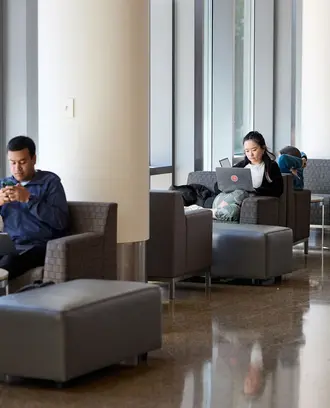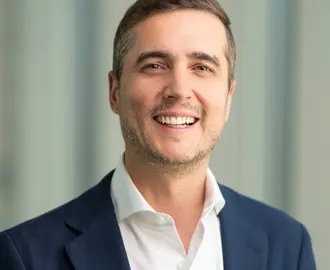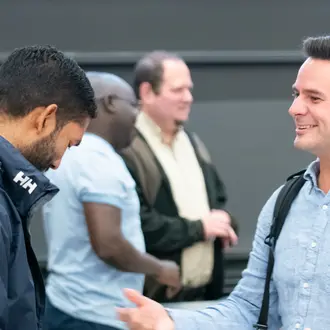The name Angela Davis has been synonymous with radical activism since the 60s. In the intervening years, Davis has channeled those efforts for change into an equally impactful academic career. Now 76, she is a professor emerita at the University of California, Santa Cruz and the author of several influential volumes on women, race, class, and economic justice. She was also the guest speaker at the recent launch of a diversity series presented by the MIT departments of Chemical Engineering, Biological Engineering, and Materials Science. More than 2,000 members of the MIT community tuned in for the live Q&A.
Senior Associate Dean Blanche Staton moderated the discussion with Davis, noting that the activist personally inspired her and other Black women coming of age in the 60s and 70s to believe that they could make a difference.
During the conversation, Davis was rueful about the state of race relations in the country—“we’re doing work now that actually should have happened in the aftermath of the Civil War”—but she encouraged those participating to pursue change wherever they see it is needed. “Imagine yourself as being on a historical continuum with responsibilities to elders who came before and responsibilities to coming generations.”
Inspiring scientists to speak out
Davis’ principal point in addressing the MIT audience was to emphasize the role of university communities in furthering justice. She encouraged MIT students and faculty to recognize their essential role as change agents in the political sphere—especially at a time when some political leaders are dangerously discounting science as a matter of opinion in areas like public health and climate change.“Angela Davis has been an icon of activism and engagement, giving a voice to the powerless and drawing attention to injustice for decades,” materials science professor Jeff Grossman noted in MIT News. “As an individual, I was grateful to have the opportunity to hear her speak, and as a member of the MIT community, I am hopeful that the words she shared will help us make a better world.”Chemical engineering student Asia Hypsher was equally moved by the hour and a half with Davis. “It was powerful to listen to Dr. Davis speak and give historical context to a movement that seems to be moving too slow,” she said in MIT News. “As a young person, it was encouraging to hear from the mouth of a revolutionary the tangible progress she has seen made in the movement for Black liberation and what she is looking forward to in our future. Her insights on the role of universities and of individuals in this movement were invaluable.”



